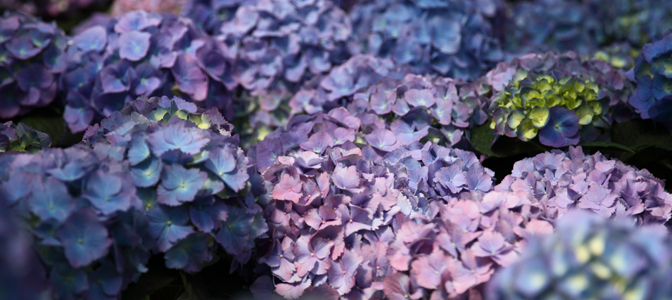Blog, Uncategorized
June Gardening Tips
– Divide late-summer or autumn-flowering perennials. If necessary, go after phlox and artemisia with a sharp spade or even an ax. If delphiniums need to be divided, remove and replant the new little plants growing around the outside of the clump. Discard the hard old heart.
– Trim climbing roses and attach securely to fences or trellises. Continue fertilization of your rosebushes; liquid fertilizers can be added every 2 weeks. Scatter crushed eggshells in a thick ring around roses to deter slugs.
– Start cucumber, cantaloupe, summer squash, and watermelon seeds indoors.
– Melons often benefit from supplemental warming, such as that provided by growing under plastic. Wait until the transplanted seedlings are established, as they cannot take up moisture very well at first and can easily get dehydrated.
– Mulch between rows and keep the garden weeded to give emerging seedlings a fair chance. Mulch around your newly planted flowers, vegetables, shrubs, and trees to help reduce weeds and retain moisture.
– Watch for signs of drought in plants transplanted from containers. Apply water (not much, but often) close to each plant’s stem, where it will percolate down to the root ball. The larger the plant, the longer the recovery period, and the more diligently you need to water. Poke a pointed metal rod into the soil above the root ball. If the rod doesn’t penetrate easily, the soil is too dry. If it moves around and feels squishy, the soil is too wet.
– Moles generally come calling this month. They’re searching for mates and also grubs in your lawn. To get rid of the grubs, apply milky spore disease (Bacillus popilliae or Bacillis lentimorbus), a dust you can buy at your local garden center. Or try a new product called Mole-Med, which has castor oil as its active ingredient. Moles don’t like the taste of this any more than you do.
– Be aware of insects. Many bugs appear in May, including lace bugs, aphids, and bagworms. Try a variety of different pest control methods to see which ones work best for your garden.
– Begin planting warm-season annuals and summer bulbs, such as dahlias and cannas.
– Pinch back growth of newly planted annuals and perennials; this will help the plants develop more flowers.
– Take care to keep deciduous fruit trees well watered this month. Do not prune. When fruit trees are in full bloom, avoid spraying insecticides that will kill honeybees. Cover fruit trees with netting to protect the fruit from bird damage.
– Mow your lawn when the grass is dry. To keep a healthy lawn, never cut more than one-third off the total grass height.

